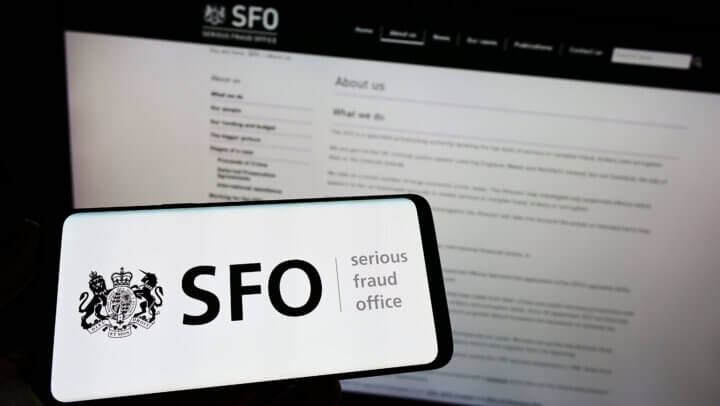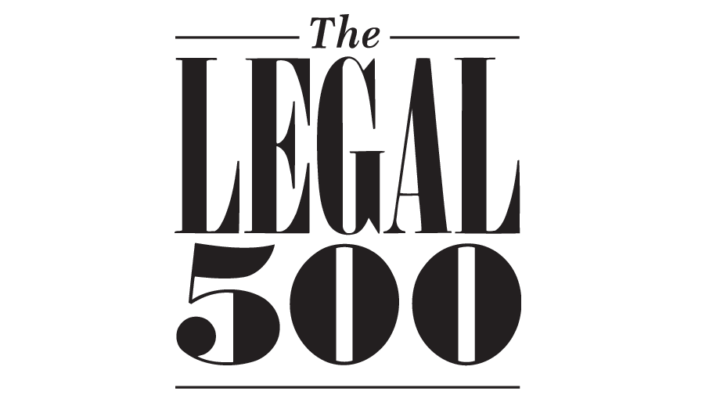In the latest of our legal guide series, BCL partner John Binns explains how money laundering cases originate and discusses the process for the early stages of an investigation.
The ‘predicate offence’
The discovery of a suspected money laundering offence under the Proceeds of Crime Act 2002 (‘POCA’) will often arise from the context of an investigation into its ‘predicate offence’ (the crime that has generated the proceeds).
For example, where a suspect is investigated for bribery, fraud or tax evasion (or even, theoretically at least, more minor offences such as burglary or shoplifting), a perusal of their bank accounts or a search of their home may give rise to evidence of laundering, by themselves or by someone else (perhaps a family member or a business associate).
The level of complexity and sophistication involved in the suspected laundering will vary hugely from one scenario to another, but in most cases, the investigation of it will continue to run alongside that of the suspected predicate offence.
A separate investigation
In a minority of cases, however, the suspected laundering will be the subject of a separate investigation. At the risk of oversimplifying, these cases will typically fall into one of two categories.
The first category is where there is no criminal investigation in this jurisdiction into the suspected predicate offence. This may be because the person suspected of that offence is deceased, or absent from the jurisdiction (and either there is no realistic prospect of their return, or the predicate offence is being dealt with satisfactorily by authorities overseas).
Equally, however, it may be because there is insufficient evidence (at least at the outset) to pursue any predicate offence, and it is the circumstances of the laundering itself that are the core of the investigation.
A parallel investigation
The second, and rarer, category of separate money laundering investigation is where one or more predicate offences are being investigated, but the nature of the suspected laundering, or the person or entity carrying it out, is such that the case naturally warrants separate scrutiny.
An example of this would be where professional laundering activity is carried out, under the guise perhaps of a money services business, and may be the handling the proceeds of several offences for several predicate offenders.
Where it is less clear that deliberate laundering (in other words, with knowledge) has taken place, and the issues are more about a failure to apply appropriate checks under the regulations or to make required disclosures under POCA, this may be more the province (initially at least) of the appropriate supervising agency (such as the Financial Conduct Authority or HM Revenue and Customs).
Sources of intelligence
The potential sources from which an investigator may learn of a suspected money laundering offence will of course include (as for other offences) complainants, other informants, and proactive research, as well as information or requests for assistance from authorities overseas.
But for money laundering offences in particular, another vast potential source of information is the regime established by Part 7 of POCA and the money laundering regulations, by which banks and other regulated-sector entities are obliged to disclose suspicions that laundering has taken place, and the related scheme under POCA by which they and others can request consent to handle funds or other assets, to provide them with a defence against money laundering allegations that may be made against them.
In the years that the regime has been operating so far, the volume of reports has become so vast that the infrastructure to deal with them has struggled to keep up, and it seems likely that the reservoir of intelligence from which money laundering investigations could potentially arise will in many cases remain untapped.




